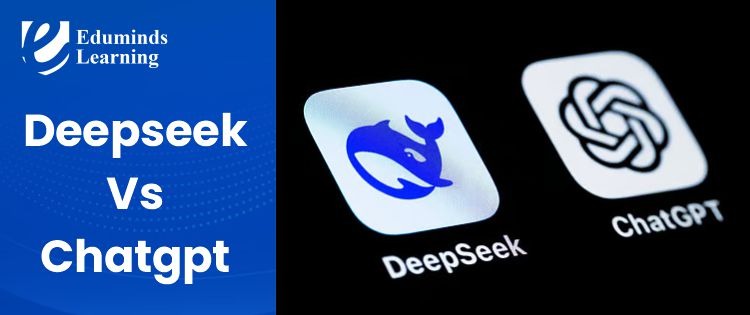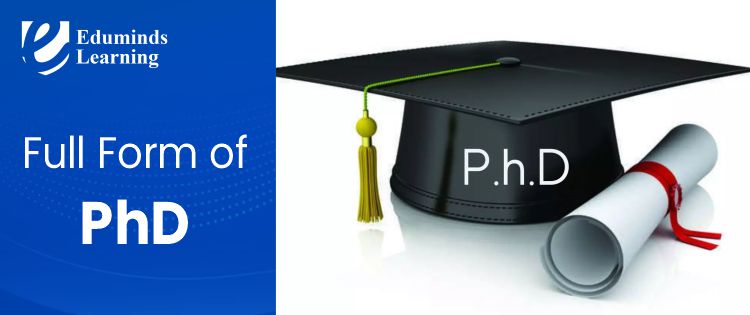Benefits of Data Science
Data science is one of the most talked-about subject in today's digital world.You will be surprised that by 2026, the global data science industry is projected to grow to $322.9 billion. This quick expansion demonstrates the significance of data science for companies, institutions, and even our everyday lives.
However, what is data science exactly? In a nutshell, it's the process of applying data to drive knowledge and insightful information. This entails gathering, arranging, and evaluating data using programs like statistics, machine learning, and artificial intelligence. These insights help make better judgments, anticipate trends, and resolve issues.
Data science has advantages for almost every area, from marketing to healthcare, therefore its advantages are not limited to enterprises. This blog examines the ways in which data science is changing our way of life and work. Regardless of your background—professional, student, or simply inquisitive—you will learn how data science may significantly impact the rapidly evolving world of today.
What is Data Science ?
The study of data science involves using data to address significant issues and provide answers. To make sense of vast volumes of data, it integrates a variety of tools and methods, including computer programming, statistics, mathematics, and machine learning. Consider it a means of transforming unprocessed data into something significant and practical.
To put it simply, data science helps in identifying of hidden patterns and trends in data. Businesses can use it, for instance, to forecast future sales, understand what their customers want, or enhance their products. It's similar to having a strong instrument that can direct choices based on information rather than speculation.
Key Benefits of Data Science
Businesses, organizations, and individuals can all profit from data science's many advantages. Here are a few of its most significant benefits:
Better Decision Making
Data science analyzes data and finds valuable insights to help organizations make better decisions. Businesses can utilize data, for instance, to forecast future trends or comprehend consumer behavior. As a result, judgments are made using facts rather than conjecture.
Increased Efficiency
By automating repetitive tasks, data science saves time and improves productivity. For instance, in industries like manufacturing, data science can help machines work more efficiently, reducing waste and cutting costs.
Improved Customer Experience
With data science, businesses can offer personalized services. Think of how streaming platforms recommend shows or products based on your preferences. Data science also helps analyze customer feedback to improve services and products.
Gaining a Competitive Edge
Companies using data science stay ahead by predicting market trends and creating innovative solutions. For example, online retailers use data science to develop smarter pricing strategies and better product recommendations.
Cost Savings
Data science helps optimize resources, reducing unnecessary spending. By analyzing data, businesses can find areas to cut costs and allocate resources more effectively.
Benefits of Data Science for Different Industries
Data science is transforming industries worldwide, making processes smoother, decisions smarter, and outcomes better. Here are some examples of how different industries benefit from data science:
- Healthcare: Data science helps doctors diagnose diseases more accurately and create personalized treatment plans. Hospitals also use data science to manage resources better, such as optimizing staff schedules and reducing patient wait times.
-
Finance: In finance, data science is vital for detecting fraud and managing risks. Banks and investment firms use data to predict market trends, develop better investment strategies, and provide secure online services.
- Retail: Retailers use data science to understand customer preferences, making shopping more personalized. For instance, they analyze purchase patterns to recommend products or plan inventory levels to avoid overstocking or shortages.
- Manufacturing: Manufacturers use data science to predict when machines might fail, which helps in scheduling maintenance and avoiding costly downtime. It also improves quality control by identifying potential defects early in the process.
- Marketing: Data science enables businesses to target the right audience through effective customer segmentation. Marketers use data to optimize campaigns, improving engagement and return on investment (ROI).
- Transportation: Logistics companies use data science to plan efficient delivery routes, saving time and fuel. City planners use it for better traffic management, reducing congestion and travel delays.
The Future of Data Science
Data science appears to have a more promising future than before. Data science is predicted to have an even greater impact on how our world is shaped as a result of the rapid advancement of technology. The need for qualified data scientists will only increase as companies and organizations continue to gather more data.
One exciting trend is the rise of artificial intelligence (AI) and machine learning (ML). These technologies, powered by data science, are becoming smarter every day. From self-driving cars to virtual assistants, AI and ML are creating new possibilities and solving complex problems.
Another important development is big data analytics. Companies are gathering huge amounts of data, and tools to analyze this information are becoming faster and more accurate. This means better decisions, improved efficiency, and innovative solutions in areas like healthcare, finance, and education.
The future will also see more automation in data science. Tasks that used to take hours can now be done in minutes with automated tools. This allows data scientists to focus on solving bigger challenges.
For individuals, the future of data science offers amazing career opportunities. Learning data science skills can open doors to high-paying and rewarding jobs in almost every industry.
As technology evolves, data science will continue to grow and change, impacting everything from how we shop to how we fight climate change. Whether you’re a business leader, a student, or simply curious, exploring data science today can prepare you for the exciting future ahead.
Conclusion
Data science has become an essential part of our modern world, offering countless benefits across industries. From helping businesses make smarter decisions to improving customer experiences and optimizing operations, its impact is undeniable. It has transformed industries like healthcare, finance, retail, and transportation, making them more efficient and innovative.
As we look to the future, the role of data science will only grow. Emerging technologies like artificial intelligence, machine learning, and big data analytics will continue to shape how we live and work. For those considering a career in data science, the opportunities are vast and exciting.
Whether you’re a business owner aiming to stay competitive, a student exploring career options, or simply someone curious about the digital world, embracing data science can bring significant advantages. Understanding and applying its principles can help you stay ahead in this data-driven era.
Now is the time to explore the possibilities of data science, whether through learning its tools and techniques or applying its insights to solve real-world problems. The future is bright, and data science is the key to unlocking its potential.















